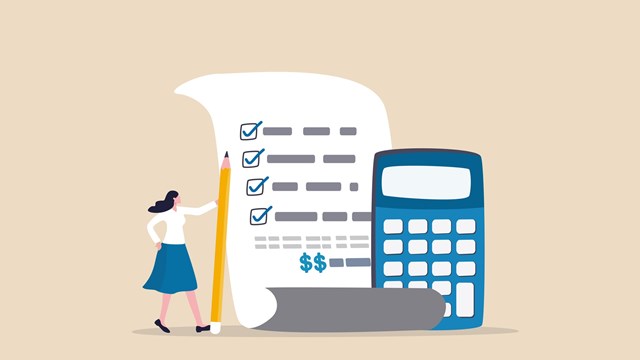Last December, DNAinfo published a story about the board of Dayton Beach Park, an affordable housing co-op in Rockaway Beach, that reportedly signed off on the purchase of thousands of dollars' worth of kitchen appliances for two of its board members through a “chargeback” program.
According to Jennifer Grady, the Dayton Beach Park co-op board president, the money for the appliances were paid back in full to the co-op in installments that were tacked onto the residents' maintenance payments. However, Grady didn't say how many other residents took part in the chargeback program but said the policy had long been open to all residents. When contacted by DNAinfo, the two board members said they didn’t owe anything, with one of them replying that she paid for the appliances in full. Meanwhile, board officials reportedly would not provide evidence of the resolution that permitted shareholders to buy appliances in this manner.
The aforementioned situation brings up the question of what is a chargeback, for those who are not familiar with the term. The Cooperator spoke to Cody Masino and Deborah Fromberg of property management firm David Associates in Forest Hills in order to better understand the ins and outs of the program.
Charge It to the Game
“Routinely, co-ops and condominiums charge back shareholders and unit owners for expenses that would normally fall to the shareholders and unit owners to pay,” explains Masino. “For example an owner may call the super about a slow-draining tub. The super arrives at the apartment and finds that the tub is clearly backed up, and he is thus unable to clear the drain. It is later determined that the main drain – which would fall under the building's responsibility – is clear, as are all apartments above the one with the issue.
“At this point,” Masino continues, “the super can simply tell the owner to call a plumber or a drain-cleaning company, or they can, along with management, extend a courtesy, and arrange with the vendor themselves to have the drain remedied at a discounted management rate. The owner is then charged back for the service, and we provide the unit owner with a copy of the invoice.”
Fromberg cites another example. “When replacing carbon monoxide and smoke detectors in a co-op building in order to comply with updated city code,” she says, “we prepared a list of all units and shareholders in the building, and gave that to the superintendent. The super then surveyed all of the units, replacing detectors that had expired or were found to no longer be functioning. Each shareholder signed a form confirming the number of new detectors installed in their apartment.
“Once the project was complete,” Fromberg continues, “the list of apartments that received at least one new detector was returned to management, and each owner was charged back a fixed fee for the number of new detectors that were installed in their units. Co-op funds were used to purchase the new detectors, and shareholders were charged back for the proportionate number of detectors installed in their apartment. If an apartment didn't need a new detector because its existing one was code-compliant and functioning, then that particular shareholder was not charged. And those shareholders who preferred to handle the replacement on their own were given that opportunity.”
No Charge
The main reason the aforementioned projects succeeded is transparency. If a board is truly executing its fiduciary duty, it will lay out this type of payment option for residents well before any endeavor or purchase is attempted, thus ensuring that everyone is operating on a level playing field.
“Renovating apartments or installing new kitchens and bathrooms is a blatant abuse of a chargeback system,” warns Masino. “Furthermore, giving a recipient something like six months to repay a bill is also a misuse of building funds, as you are now using operating money to finance individual apartment renovations. I'm not sure that a building would be able to easily collect that money if there was a refusal to pay after the fact, and a building should not be involved in that level of individual apartment renovation in the first place.”
Fromberg observes that chargeback programs should only exist for specific building-wide situations where all of the shareholders or unit owners participate and benefit equally. “From a fairness standpoint, the key to any chargeback program is that it's made equitable for all owners. Any reputable and honest managing agent should agree with this definition, and should not permit such a program otherwise.”







Leave a Comment